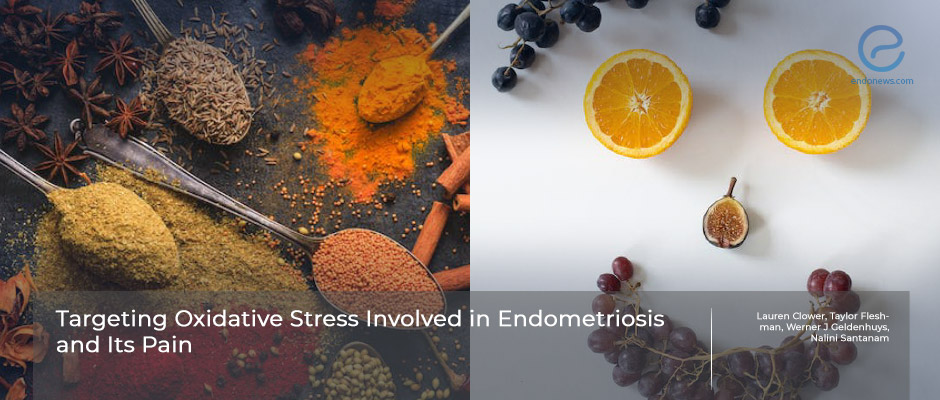Is endometriosis an oxidative stress-induced inflammation?
Oct 9, 2022
Pain claim: Oxidative stress causes neuroinflammation and this is the reason for the pain
Key Points
Highlights:
- The review investigates the studies about inflammatory causes of endometriosis and the therapeutic options to heal it.
Importance:
- As various supplements are on the market to be used by patients with endometriosis, showing the scientific roots is important.
What's done here:
- The analysis of the current literature in terms of, the part taken by oxidative stress in endometriosis, the mechanisms of endometriotic pain, and treatment suggestions to stop oxidative stress have been made.
Key Results:
- The oxidative reaction is the production of reactive oxygen species during cellular reactions. If it cannot be regulated, it causes stress and some products may modulate cellular proliferation in endometriosis.
- Dysregulated iron homeostasis and excessive iron may cause endometriotic oxidative stress.
- Increased accumulation of lipid peroxides may also be related to endometriosis.
- Endometriosis-associated pain often results from deviant inflammation similar to chronic autoimmune diseases for instance irritable bowel disease and rheumatoid arthritis.
- The pathophysiology of endometriotic pain has been implicated in macrophages, neurogenic inflammation, lipid peroxides, and prostaglandins that induce pain.
- It may be possible to treat and reduce the severity of endometriosis by eating a high-antioxidant diet, taking antioxidant supplements such as N-acetylcysteine, curcumin, melatonin, vitamin C and E, and following a regimented weight loss along with an exercise program.
Limitations:
- The review summarizes the studies in the literature but still, all implications have been made from limited scientific studies.
Lay Summary
The roots of endometriosis are still controversial, but the effects of inflammation and oxidative stress have been accepted by scientific authorities.
In the review conducted by Lauren Clower et al, the studies about oxidative stress and endometriosis have been analyzed. The article was recently published in the journal Biomolecules.
The analysis includes the current literature concerning oxidative stress in endometriosis, the mechanisms of endometriotic pain, and treatment suggestions to stop oxidative stress. The summary of the results that have been accepted by the reviewers is as follows:
The oxidative reaction is the production of reactive oxygen species during cellular reactions. When it cannot be regulated by contra parts it causes stress and some products are known to modulate cellular proliferation in endometriosis. Dysregulated iron homeostasis and excessive iron may cause endometriotic oxidative stress. Increased accumulation of lipid peroxides may also be related to endometriosis.
Endometriosis-associated pain often results from deviant inflammation similar to chronic autoimmune diseases for instance irritable bowel disease and rheumatoid arthritis. The pathophysiology of endometriotic pain has been implicated in macrophages, neurogenic inflammation, lipid peroxides, and prostaglandins that induce pain. As a treatment, it may be possible to treat and reduce the severity of endometriosis by eating a high-antioxidant diet, taking antioxidant supplements, and following a regimented weight loss and exercise program.
While all assumptions look promising it seems it is still too early to believe in any kind of medication or supplement that will solve the underlying problems of endometriosis.
Research Source: https://pubmed.ncbi.nlm.nih.gov/36008949/
neuroinflammation oxidative stress antioxidation

